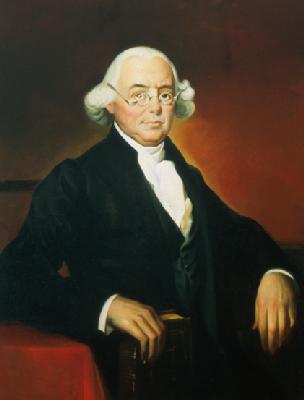Past Visiting Fellows
The Visiting Fellowship programme is currently on hold pending the development of CEPPA’s research projects and Professorial Fellows programme. The Centre hopes to make appointments in the latter, as well as several postdoctoral fellowship appointments in connection with its various research projects. In previous years, some 110 fellows (from 18 countries) were appointed to the Visiting Fellowship programme. (US: 42; … Read more




